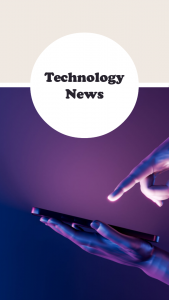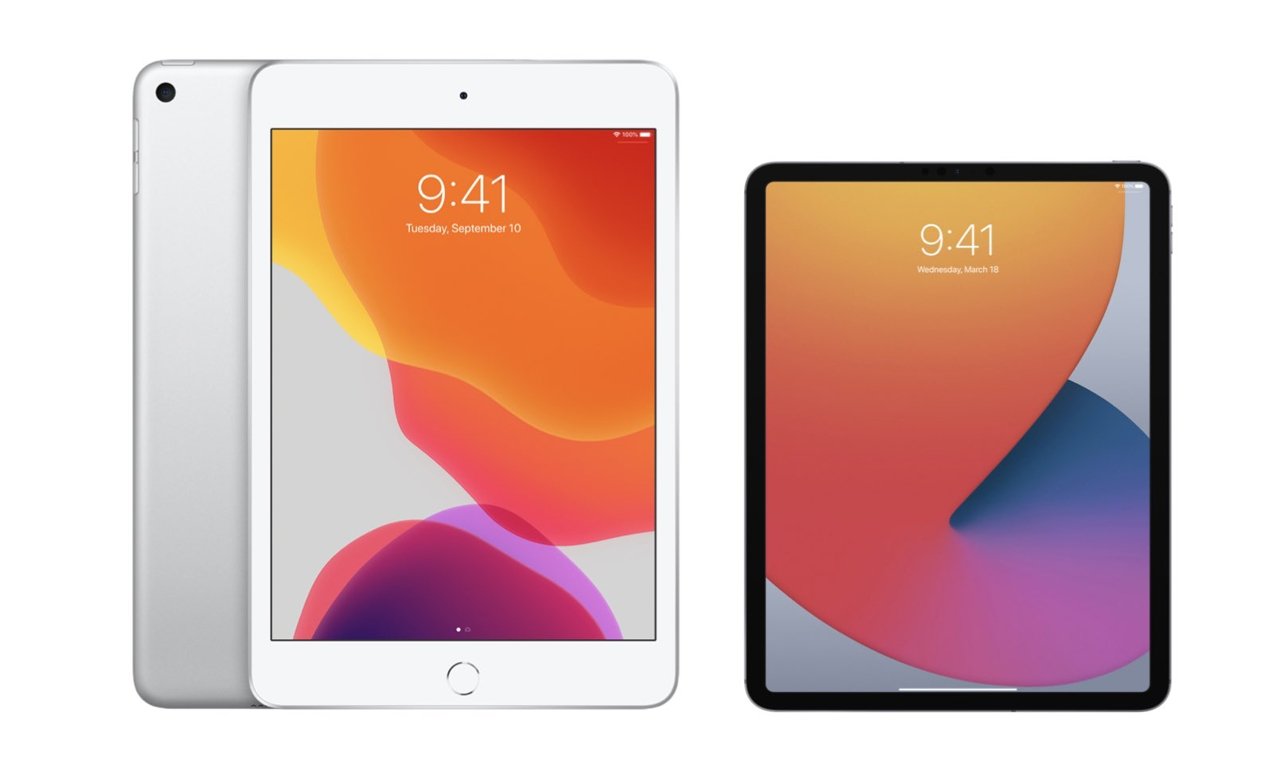Introduction
In the fast-paced world of technology, innovations and advancements continue to emerge at an astonishing rate, transforming the way we live, work, and interact. From groundbreaking developments in artificial intelligence and robotics to the ever-expanding possibilities of the Internet of Things (IoT) and quantum computing, the realm of technology never ceases to amaze. In this article, we will explore some of the latest technological news and their potential impact on various aspects of our lives.
-
Artificial Intelligence (AI) and Machine Learning (ML) Breakthroughs
Artificial Intelligence and Machine Learning have witnessed remarkable progress in recent years. One notable breakthrough is the development of OpenAI’s GPT-3.5, which is the latest iteration of language models capable of understanding and generating human-like text. These models have far-reaching applications, including natural language processing, content generation, and virtual assistants.
Moreover, AI is being increasingly employed in healthcare, aiding in early disease detection, drug development, and personalized treatment plans. It is also revolutionizing industries such as finance, logistics, and manufacturing, optimizing processes, and enhancing efficiency.

-
Quantum Computing: Unlocking Limitless Computing Power
Quantum computing is an emerging field with the potential to revolutionize the way we process and analyze information. Recent advancements in this area include the development of more stable qubits (quantum bits), which are the building blocks of quantum computers. This progress brings us closer to achieving quantum supremacy, where quantum computers can solve complex problems that are practically infeasible for classical computers.
Quantum computing’s potential impact is vast, ranging from drug discovery and optimization of supply chains to solving complex optimization problems and cryptography. As researchers continue to refine and scale up quantum systems, we can expect transformative breakthroughs in various industries.
-
Internet of Things (IoT) and 5G Connectivity
The Internet of Things (IoT) has gained significant momentum, connecting billions of devices worldwide. The introduction of 5G technology further amplifies the potential of IoT, enabling faster and more reliable connections. This synergy facilitates a wide range of applications, such as smart homes, autonomous vehicles, precision agriculture, and remote monitoring of critical infrastructure.
The proliferation of IoT devices raises concerns about data security and privacy. As the number of connected devices continues to grow, ensuring robust cybersecurity measures becomes increasingly crucial to protect sensitive information and prevent potential breaches.
-
Robotics and Automation in Various Industries
Robotic technology continues to advance, enabling automation and efficiency across multiple sectors. From manufacturing and logistics to healthcare and agriculture, robots are augmenting human capabilities and transforming traditional workflows. In healthcare, surgical robots assist in complex procedures, while in agriculture, autonomous drones monitor crops and optimize irrigation.

Collaborative robots, or cobots, are designed to work alongside humans, enhancing productivity and safety. As robotics technology becomes more accessible and affordable, we can expect to witness further integration of robots into our daily lives.
-
Renewable Energy and Sustainability Innovations
With growing concerns over climate change, the pursuit of renewable energy and sustainable technologies has become increasingly critical. Recent advancements include the development of more efficient solar panels, energy storage solutions, and the integration of renewable energy into smart grids.
Furthermore, there is a significant focus on reducing electronic waste and promoting circular economy practices. Initiatives such as eco-design, recycling programs, and the development of sustainable materials contribute to minimizing the environmental impact of technology.
-
Augmented Reality (AR) and Virtual Reality (VR) Transforming Experiences
Augmented Reality (AR) and Virtual Reality (VR) technologies are reshaping how we perceive and interact with the world around us. AR overlays digital information onto our physical environment, enhancing our experiences in areas such as gaming, education, and retail. For instance, AR applications can provide real-time translations, virtual shopping experiences, or immersive educational simulations.
On the other hand, VR creates a fully immersive digital environment, transporting users to virtual worlds. VR has applications in various fields, including entertainment, training simulations, and mental health therapies. As the technology evolves, we can expect more realistic and interactive AR and VR experiences, opening up new possibilities for communication, learning, and entertainment.

-
Blockchain: Secure and Transparent Transactions
Blockchain technology, initially known for its association with cryptocurrencies, has evolved into a versatile tool with applications beyond finance. Blockchain provides a decentralized and secure method for recording and verifying transactions, eliminating the need for intermediaries.
In addition to cryptocurrencies, blockchain technology finds use cases in supply chain management, healthcare records, voting systems, and intellectual property protection. Its transparent and immutable nature ensures trust and integrity in digital transactions, reducing fraud and increasing efficiency in various sectors.
-
Biotechnology and Gene Editing
Advancements in biotechnology and gene editing have the potential to revolutionize healthcare and improve the quality of life. Gene editing technologies like CRISPR-Cas9 allow scientists to modify DNA with unprecedented precision, opening the doors to potential treatments for genetic diseases.
Conclusion
The rapid pace of technological advancement continues to shape our future in unprecedented ways. From the realm of AI and machine learning to quantum computing, IoT, robotics, and sustainability, these developments have the potential to revolutionize industries, improve our quality of life, and address pressing global challenges. As we embrace these new technologies, it is essential to navigate the associated ethical considerations and ensure that they are deployed responsibly and for the benefit of all. The future holds immense promise as technology continues to push boundaries and unlock new frontiers of human potential.





